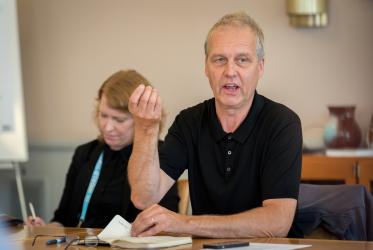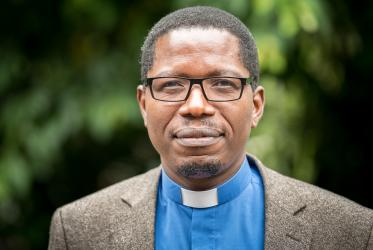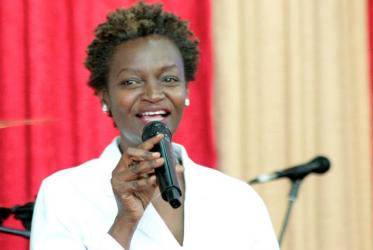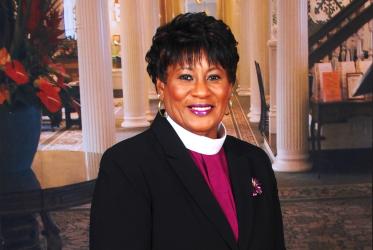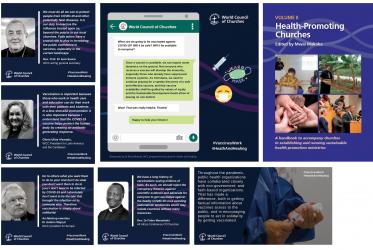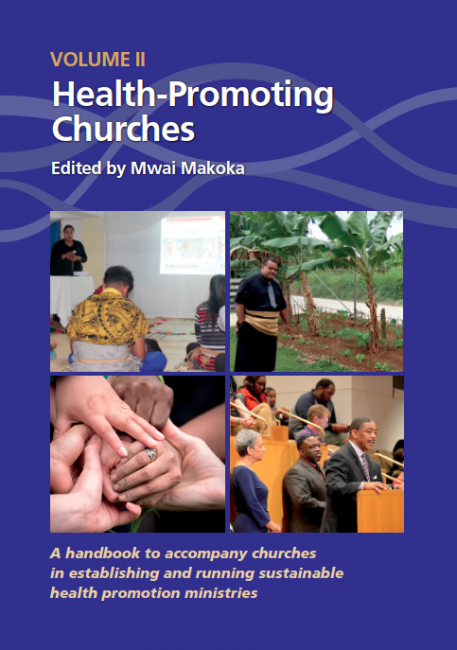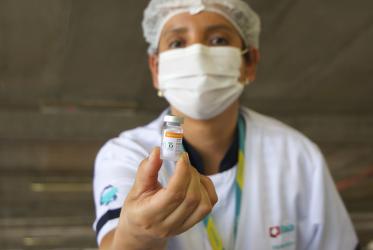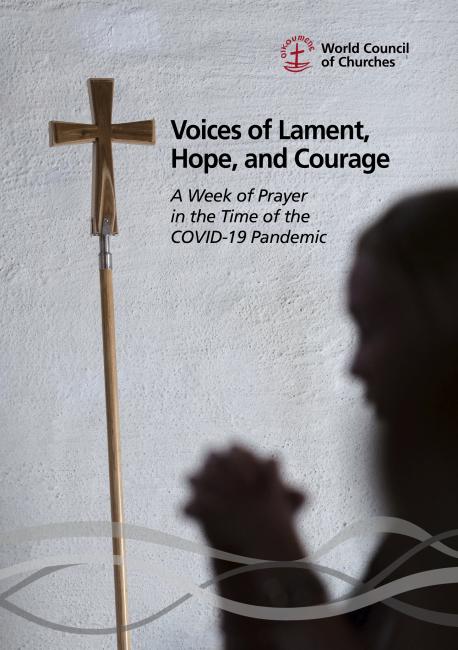Displaying 161 - 180 of 203
12 August 2021
Ecumenical International Youth Day 2021 Event Toolkit
Young People and Climate Justice
06 August 2021
Health-Promoting Churches Volume II:
A handbook to accompany churches in establishing and running sustainable health promotion ministries
28 April 2021
WCC answers your questions about vaccines
26 April 2021
Defending the ‘blue soul of life’
08 April 2021
Vaccination hesitance poses yet another challenge
18 March 2021
Voices of Lament, Hope, and Courage
A Week of Prayer in the Time of the COVID-19 Pandemic
18 March 2021
